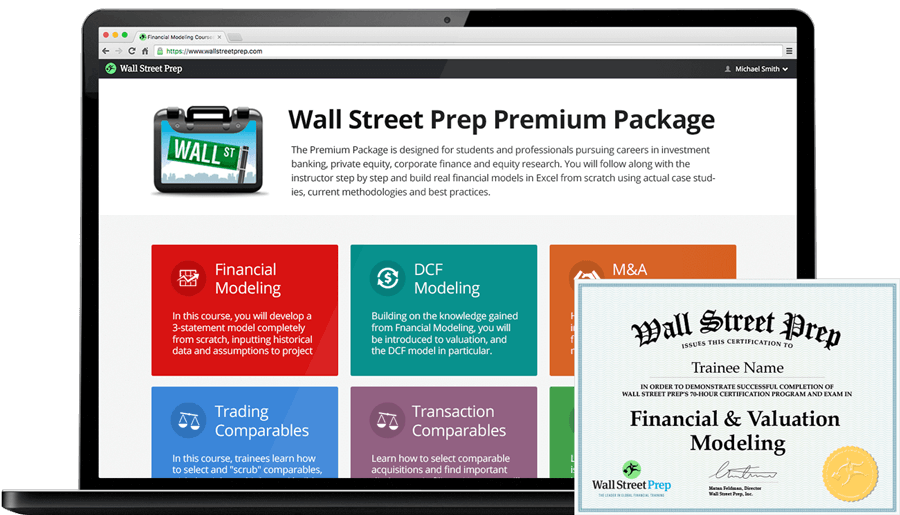
Zynga founder Mark Pincus will only get a $9b valuation. Solution? Claw back employees’ stock options!
Zynga IPO Valuation: Example Analysis
Zynga will be going public soon, and according to its prospectus filed this morning, it believes its business is now worth $9 billion, despite a $14 billion third-party valuation just two weeks ago. This, of course, comes on the heels of lower valuations for peers like Groupon in recent weeks.
As part of the IPO, Zynga will issue 100m shares at an anticipated per share price of $8.50 to $10, raising approximately $850m-$1b in gross proceeds. With 700m shares outstanding (900m fully diluted) after the IPO, the implied market cap is $9b.**
Zynga generated $1b in revenue over the last twelve months (LTM), implying a 9x Price/Sales multiple.
Is this valuation deserved? How does this valuation compare to similar companies?
Zynga identified Youku.com, Linkedin, Baidu.com, Facebook, and Groupon as comparables.
Take a look at the LTM P/S below for this group (we added Google and Apple, the senior citizens of the group, for some context).

On the surface, Zynga appears cheap relative to its peers. The problem with multiples is that the fundamentals that should be driving the multiple become much harder to identify, especially for very young businesses without an established track record. As Bill Gurley correctly noted in a recent blog:
While one might not have the specific numbers required to complete an accurate DCF, we do know which business qualities would have a positive impact on a DCF exercise, all things being equal. When investors see a large number of these traits, they then have an increased confidence that the elements are in place that will lead to a strong DCF value over time. You often hear people refer to companies with strong DCF characteristics as having high “revenue quality.” Companies with characteristics that are inconsistent with a strong DCF model are said to have low “revenue quality.”
He goes on to identify 10 characteristics that drive the revenue multiple and ultimately account for the wide discrepancies in valuation across different companies:
- Sustainable Competitive Advantage (Warren Buffet’s Moat)
- The Presence of Network Effects
- Visibility/Predictability Are Highly Valued
- Customer Lock-in / High Switching Costs
- Gross Margin Levels
- Marginal Profitability Calculation
- Customer Concentration
- Major Partner Dependencies
- Organic Demand vs. Heavy Marketing Spend
- Growth
So how does Zynga stack up? Zynga benefits from powerful network effects but suffers from a major partner dependency (Facebook). In addition, while Zynga has invested in a scalable game engine, the business is still a gaming business, and is susceptible to the “hit” nature of games.
Zynga IPO S-1 Prospectus (PDF)

Everything You Need To Master Financial Modeling
Enroll in The Premium Package: Learn Financial Statement Modeling, DCF, M&A, LBO and Comps. The same training program used at top investment banks.
Enroll Today





